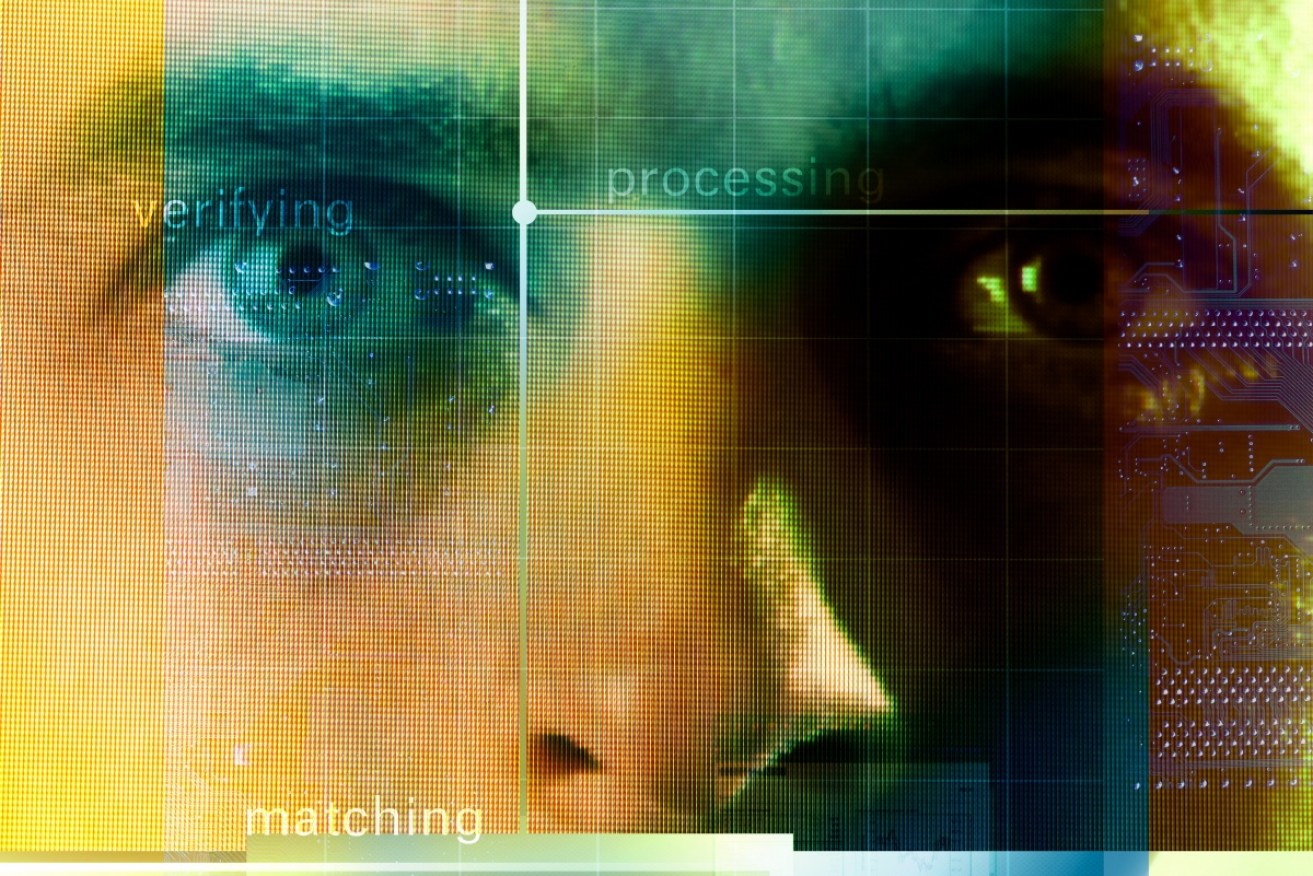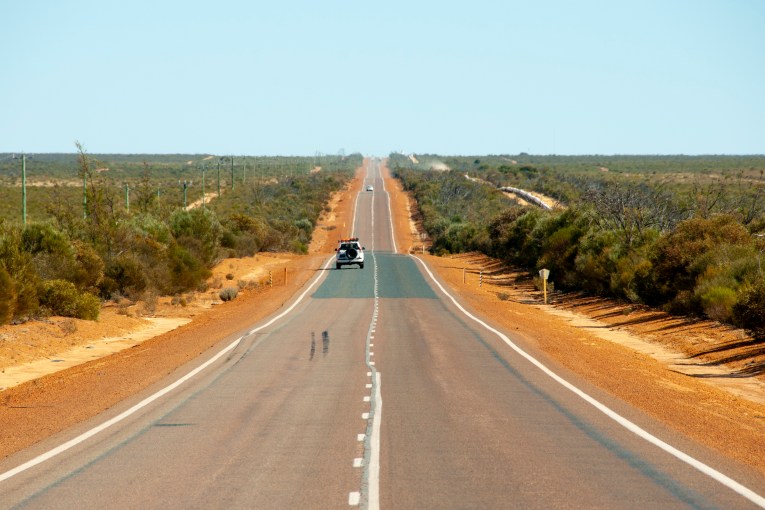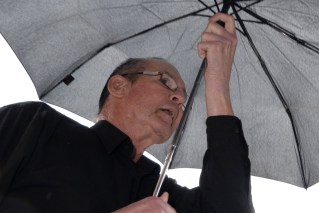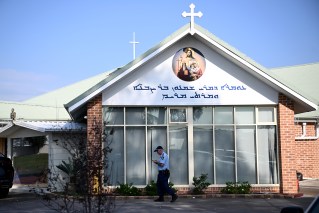Police agencies foiled in bid to water down facial recognition safeguards

The Morrison government remains determined to usher in a Big Brother era of facial-recognition technology. Photo: Getty
Police agencies unsuccessfully tried to water down privacy safeguards in the government’s controversial facial recognition regime ahead of a key counterterrorism meeting between federal and state leaders last month, The New Daily can exclusively reveal.
On October 5, the Council of Australian Governments agreed on a facial recognition scheme to identify suspected terrorists and criminals, with the states and territories handing over driving licence images to a federally-operated national database.
The face-matching technology, which is due to become fully operational next year, will allow authorities to instantly match images of unknown individuals with driving licence, passport and other identifying photos.
A key privacy protection in the plans, which have been harshly criticised by civil liberties groups, limits use of the system for general law enforcement to offences with penalties of three or more years imprisonment.
Documents obtained from the nation’s privacy watchdog, however, reveal the efforts of police forces around the country to scupper the rule and secure easier access to the contentious technology.
The Attorney-General’s Department (AGD) in September told the Office of the Australian Information Commissioner that the states and territories couldn’t agree on the penalty threshold, “with most police agencies arguing that it should be reduced”.
In the briefing, the department singled out Tasmania Police and South Australia Police in particular for raising concerns about inconsistencies in penalties for the same crimes in different jurisdictions.
The briefing elaborated that the three-year proposal was “a compromise position” subject to future agreement as states were divided about whether the threshold should be three or two years.
The documents also reveal that the AGD is drawing up legislation to clarify its legal basis to operate the database, known as the Hub, “out of an abundance of caution” — despite previous statements that no legal changes were necessary at the federal level.
Privacy organisations including the Australian Privacy Foundation, Digital Rights Watch, and the NSW Council for Civil Liberties have roundly condemned the government’s plans as incompatible with a free and open society.
Digital Rights Watch chair Tim Singleton Norton expressed concern that authorities would seek increasingly broad surveillance powers in the future with little public consultation.
“One of the problems with increasing the database’s size and then decreasing the checks and balances for accessing it is there’s not a lot of oversight as to how it’s being used,” he told The New Daily.
Mr Norton said there were also question marks over the algorithms used by such technology, with evidence from the United States that they were prone to picking up the biases of their creators.
“That means they’ll start to profile,” he said. “They’ll start to racially profile, gender-based profile, socio-economic profile. The more that happens, the more that it reinforces that profiling.”
The AGD said the changes had been subject to extensive consultation between agencies and did not broaden police powers beyond their current reach.
“This legislation will not increase the powers of police agencies to collect this information, or to use information in ways that they are not already authorised to do,” a spokesperson told The New Daily. “It will provide a more transparent basis for the Commonwealth to operate the driver licence system and streamline what can otherwise be a manual and resource intensive process.”
Tasmania Police Assistant Commissioner Richard Cowling told The New Daily the penalty threshold had been agreed nationally and would be reviewed after 12 months.
“Tasmania Police welcomes all measures that enhance our ability to protect people against fraud and identity crime and make it easier to identify people who are suspects or victims of terrorist or other serious criminal activity,” he said.
South Australia Police declined to comment.








